How to Budget for Car Maintenance and Repair Costs

It's key for every car owner to budget for maintenance and repair costs. This applies whether you've just got your first car or are a seasoned driver. Knowing the average expenses and setting aside money each month can avoid financial worry. This way, you'll have funds for regular check-ups and any sudden fixes.
Understanding common maintenance costs is crucial for an accurate budget. This includes regular tasks like oil changes, tire rotations, and replacing filters. Knowing the prices for these services helps in creating a realistic financial plan.
Key Takeaways:
- Allocate a specific amount each month for car maintenance and repair costs.
- Aim to budget around $1,350 per year or $112.50 per month for routine car maintenance and repairs.
- Adjust your budget based on the number of miles you drive.
- Understand the costs of common routine maintenance tasks such as oil changes, cabin air filter replacement, tire rotation, windshield wiper blade replacement, and brake pad replacement.
How Much to Budget for Routine Car Maintenance

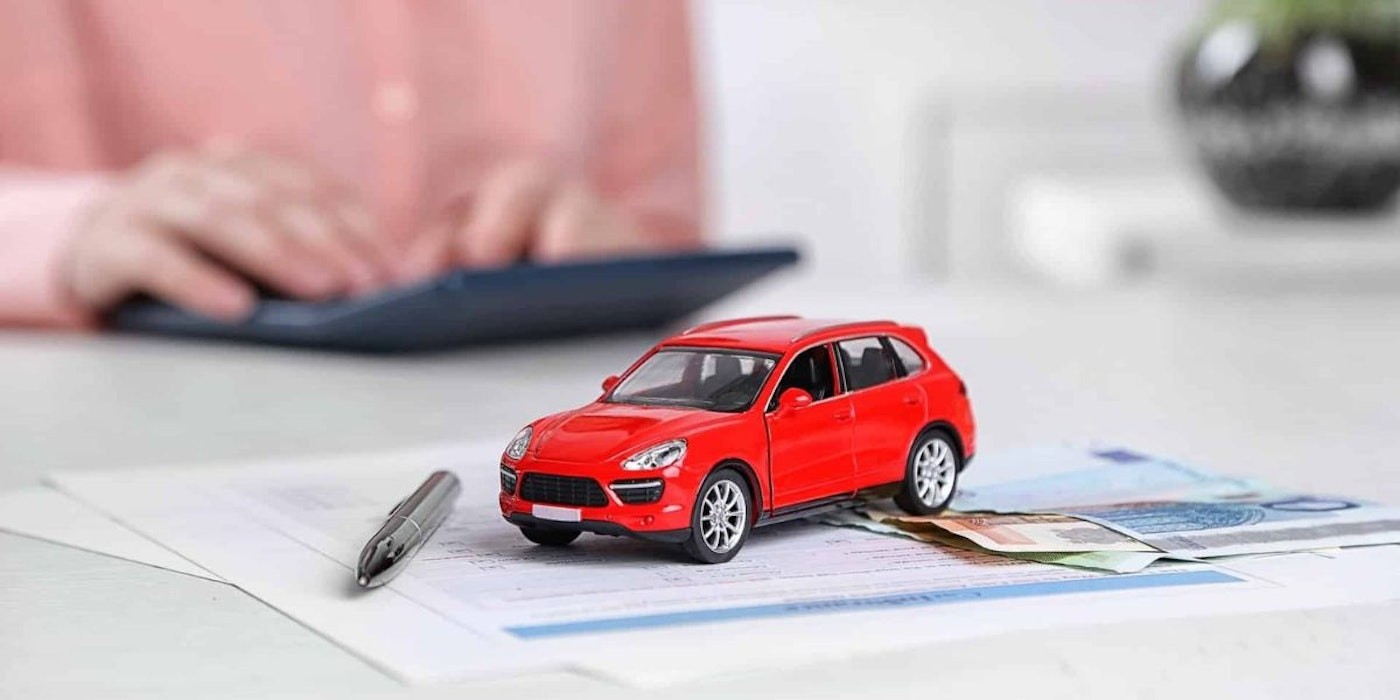
Maintaining your car needs a budget for regular tasks. Knowing the average costs can help plan your budget well. Below are the costs for common car maintenance tasks:
Oil Change Cost:
- Oil changes cost between $35 to $125, depending on oil type and your car.
Cabin Air Filter Replacement Cost:
- A new cabin air filter is about $20 to $100.
Tire Rotation Cost:
- Rotating your tires usually costs $60 to $132.
Windshield Wiper Blade Replacement Cost:
- Getting new wiper blades can be $53 to $64.
Brake Pad Replacement Cost:
- Brake pads replacement ranges from $100 to $1,000, determined by the repair type.
These costs are just estimates. They can change due to location, car type, and the services/products used. Always talk with a mechanic or check your car manual for accurate prices.
Planning for these tasks helps keep your car in good shape and avoids sudden costs. Regular servicing your car ensures it works well and lasts longer. By setting aside money for maintenance, you protect your car and your wallet from big repairs.
How Much to Budget for Unexpected Car Repairs
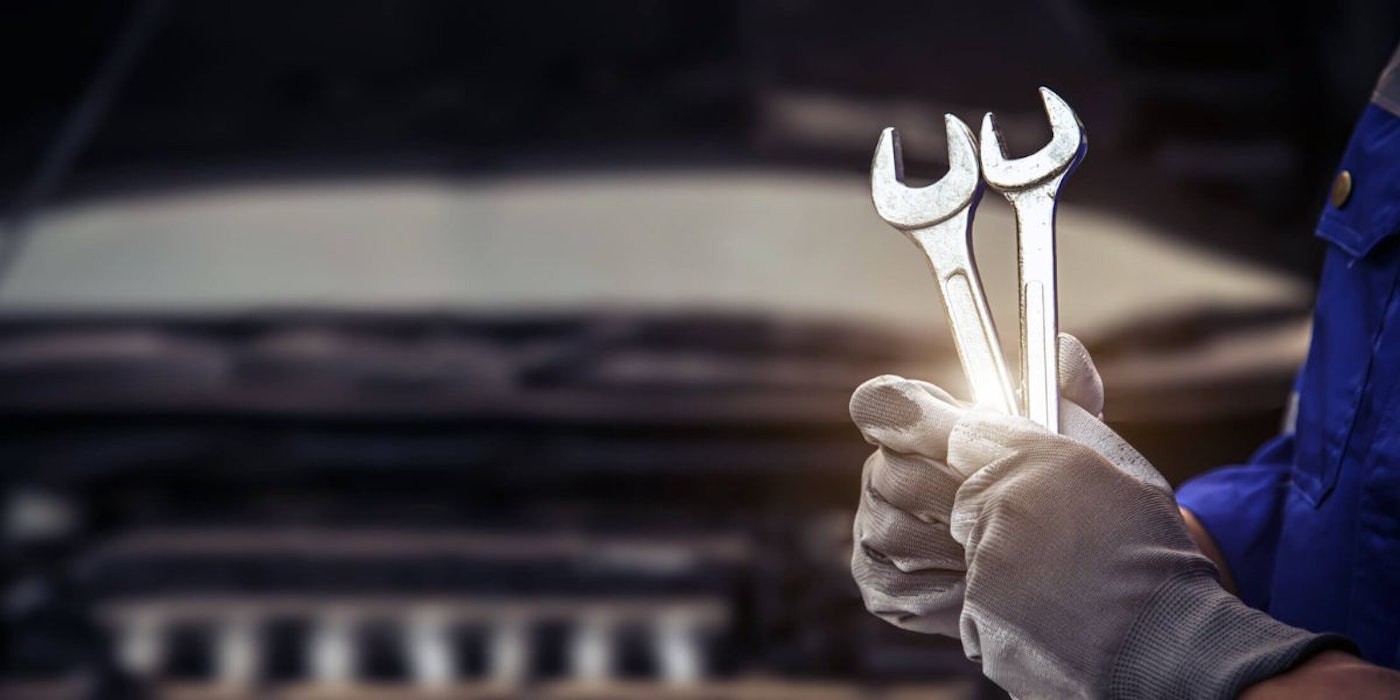
Setting money aside for car repairs is tricky since costs change a lot. But, try to save $50 each month for this. Knowing the usual repair costs helps you budget better for these expenses.
Common Car Repairs and Their Average Costs
- Catalytic Converter Replacement: $2,300
- Battery Replacement: $45 to $250
- Flat Tire Repair: $54 to $64
- Timing Belt Replacement: $367 to $585
- Transmission Replacement: $2,900 to $7,100
- Engine Replacement: $4,000 to $10,000
These expenses give you an idea of the costs for various repairs. Remember, prices can change depending on your car's brand, the damage, and the shop's labour rates.
A separate budget for car repairs can take worry out of unexpected costs. By saving up a little each month, you'll have the money for repairs without stress.
How to Pay for Car Repairs
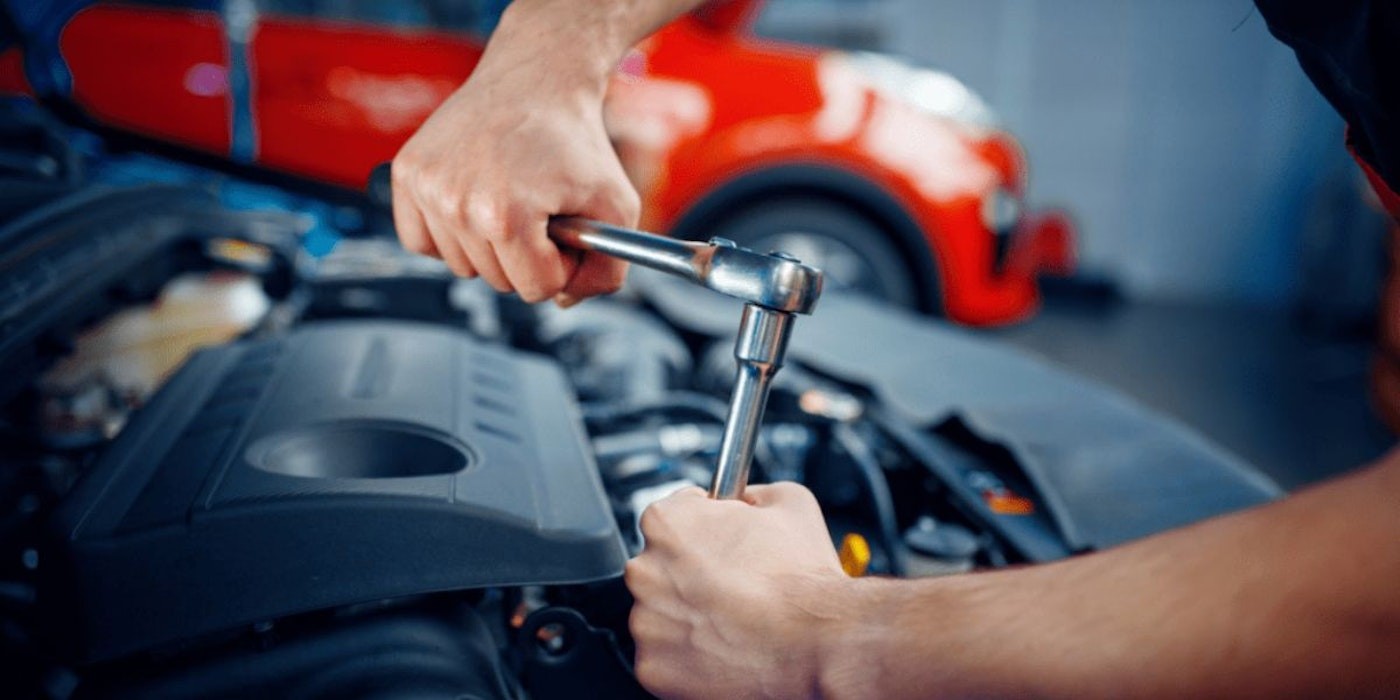
Dealing with car repairs can be tough, but there are ways to handle the financial side. The secret is to plan ahead and know how to cover these costs. Here are some smart ways to pay for car repairs:
- Budget for car repairs: Add a line in your monthly budget just for car maintenance. You can guess the costs from the past or save a set amount each month. Doing this helps you prepare for repairs and keeps your finances stable.
- Build an emergency fund: Have a special fund for car repairs. It helps cover the surprise costs so you won’t be caught off guard. Add money to this fund regularly until you have enough saved.
- Utilize your savings: If you have money saved for emergencies, part of it can go toward car repair costs. Make sure it won't hurt your other financial plans before using it.
- Use zero-interest credit cards: Consider a zero-interest credit card for repairs. This lets you pay back the costs without extra fees. Remember, you must handle your credit card well to avoid debt.
- Explore payment plans: Some repair shops might allow payment plans. This is a good choice for major repairs if you can’t pay the full amount at once. Check the plan details carefully, including any fees or interest.
By including these options in your money plans, you can deal with car repairs better. And always update your budget to fit any new repair needs.
Tips to Reduce Car Repair Costs
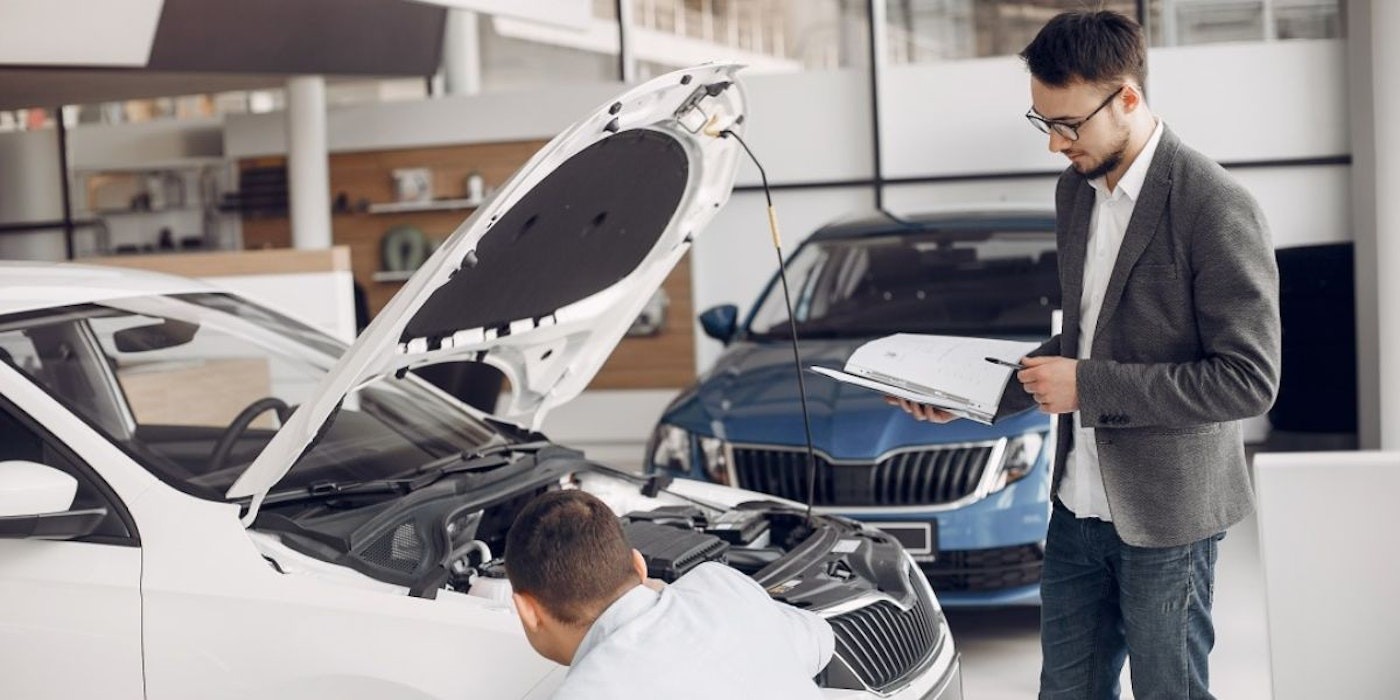
To cut down on car repair costs and preserve your budget, it's key to be proactive. Take steps to save on both regular maintenance and sudden fixes. Here are some handy tips for spending less on car repairs.
1. Stay on Top of Car Maintenance
Keeping up with regular car maintenance stops big breakdowns and costly repairs. Remember to do things like oil changes and check the air filter and tires. Doing these and other small tasks can keep your car running well and spot problems early.
2. Consider DIY Repairs
Fixing things yourself can cut labour costs. Do-it-yourself work is good for simple tasks if you have the skills. Things like changing a filter or wiper blades are doable for many. But for big jobs, it's smarter to get a professional's help.
3. Shop Around for Repair Quotes
Don’t take the first price for a repair. Look at several places to get the best deal. Think about both price and quality of service. Checking reviews and the shop's reputation is important too.
4. Do Online Research for Discounts and Coupons
Check for repair discounts online before going in. Many places have deals on their websites or through apps. Using these deals can save you a lot. Also, look for specials at different times of the year and loyalty schemes.
5. Practice Safe Driving Habits

Driving safely can avoid accidents and keep your car in good shape. Stay away from speeding and sudden braking. This will help your car's parts last longer. No accidents mean fewer repairs.
6. Follow Your Car's Maintenance Manual
Your car's manual is full of advice on how to look after it properly. Following what the manufacturer suggests is smart. It stops your car from wearing out too soon. This way, you’ll spend less on fixing your car.
Using these tips can help you keep your car in good condition and save money. Being proactive and driving carefully make a big difference. They make your car more reliable and cheaper to look after.
Importance of Budgeting for Car Expenses

It's key to budget for car expenses to keep costs in check. This way, you steer clear of sudden financial stress and prep for repairs.
Include costs like regular check-ups, insurance, and fuel in your plan. This ensures you have money saved for these needs.
Start a special fund for big fixes. Put a bit away each month. This saves you from scrambling for cash if your car needs a major repair.
Planning out your car budget means you won't have to touch your other savings. You also won't need to rely on credit for car troubles. It's a smart money move that brings peace of mind.
Importance of Regular Car Maintenance
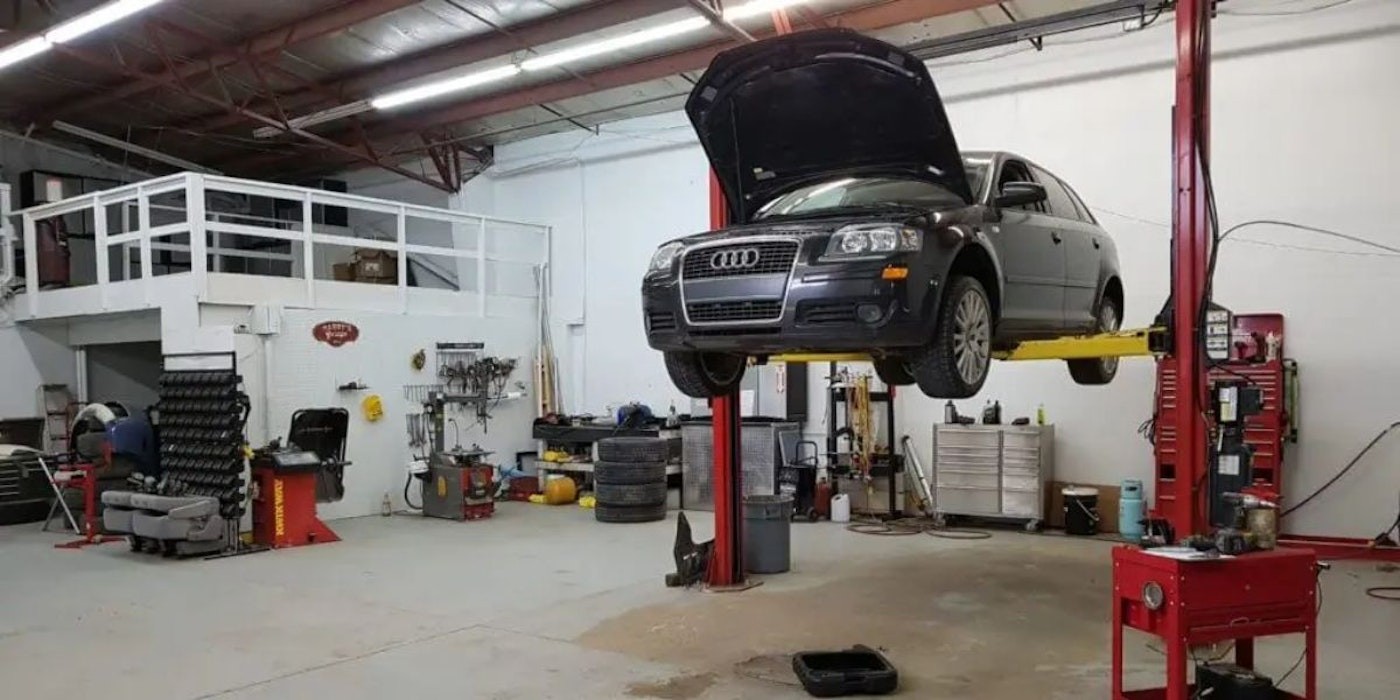
Looking after your car regularly is essential. It helps keep the vehicle in good shape and avoids expensive fixes. Make sure to do things like changing the oil, replacing air filters, rotating tires, and checking on the brakes. This keeps your car running well for a long time.
- Oil changes: Changing the oil often takes out dirt, making the engine run smoother. This stops problems before they start and helps the engine last longer.
- Air filter replacements: New air filters make the engine work better by allowing clean air in. This improves how the car uses fuel and keeps the engine safe.
- Tire rotations: Moving your tires around means they all wear evenly. This makes driving safer and saves gas because the tires last longer.
- Brake pad checks: Checking the brakes means they'll work well when you need them. This keeps you and your passengers safe on the road.
Looking after your car doesn't just keep it in great condition. It also has big pluses for you and your wallet:
- Optimal fuel efficiency: Cars that are well-kept use less fuel. This saves you money every time you drive.
- Reduced breakdown risks: Taking care of your car stops problems before they happen. This means you're less likely to get stuck somewhere unexpected.
- Enhanced safety: A car that's looked after doesn't let you down when it counts. This lowers the chance of accidents due to car issues.
- Long-term savings: Spending a little on maintenance now stops you from paying a lot for repairs later. It's a smart money move.
To get the best from your maintenance, check your owner's manual for when to do certain tasks. And always get advice from a professional mechanic. They can help keep your car at its best.
Conclusion
It's essential to manage your car's upkeep and repair money wisely. Knowing the usual costs and planning for sudden fixes helps. This way, you can handle your car's needs without worry. Remember, keeping up with routine maintenance helps avoid big repair bills. It also keeps your car running its best.
Using these budgeting and care suggestions will keep your car running well and affordable to keep up. Setting money aside for fixes means you're ready for the unexpected. And, taking care of things like changing the oil and rotating your tires can stop big repair costs later.
Staying ahead with maintenance can make your car last longer and work better. Making maintenance and repair costs part of your budget plan is smart. This ensures you have a reliable car without stressing about money. So, look after your car well and enjoy a worry-free drive.
How Driva Can Help You Finance Your Next Vehicle Purchase
Driva can help you finance your next vehicle purchase by providing transparent and no hidden fees. When considering the cost of owning a car, factors such as car insurance, car maintenance cost, and unexpected vehicle repair expenses can vary. Driva compares 30+ lenders so you get the best rate. By entering your personal information, you can receive personalized rates that align with your financial situation. Owning a car comes with increased costs, and it's important to budget for these expenses as a line item in your budget. Whether you need to budget for the cost to replace your car battery or change your oil every six months, having a plan in place can help alleviate the stress of unexpected vehicle repair costs. Driva works with third-party banking services to ensure you get the most competitive rates possible, so you can expect to pay around the estimated cost associated with owning a vehicle.
Frequently Asked Questions
How much should I budget for car maintenance?
Experts recommend setting aside 1-2% of the value of your car each year for maintenance costs.
How can I save on car maintenance and repair costs?
You can save on car maintenance and repair costs by performing regular maintenance yourself, comparing prices from different mechanics, and using aftermarket parts.
Should I budget for emergency car repairs?
Yes, it's important to have an emergency fund to cover unexpected car repair costs that may arise.
How do I budget for both car maintenance and repair costs?
You can budget for car maintenance and repair costs by estimating the average annual maintenance expenses and setting aside a separate fund for unexpected repairs.
Can the cost of car maintenance vary depending on the type of car I own?
Yes, the cost of car maintenance can vary based on factors such as the make and model of your car, its age, and how well it has been maintained.
Is it worth investing in a high-yield savings account for car maintenance?
Building your emergency fund in a high-yield savings account can help you save more effectively for future car maintenance and repair costs.
How much should I budget for car repair costs on a monthly basis?
It's recommended to budget at least $50-$100 per month for car repair costs to ensure you have enough funds when needed.


.png)






